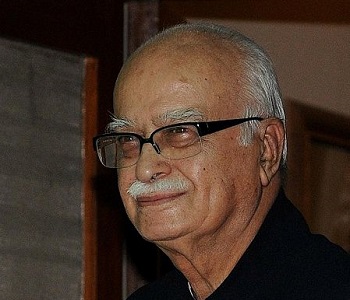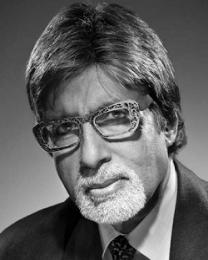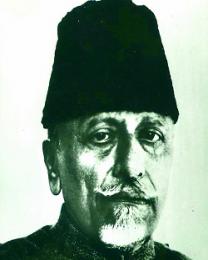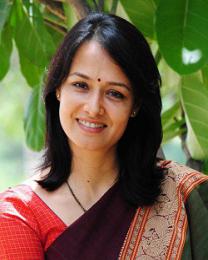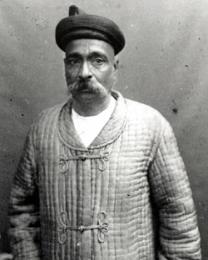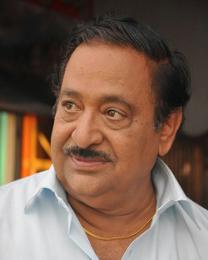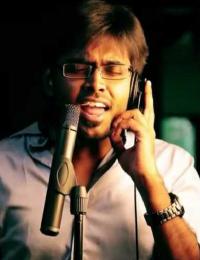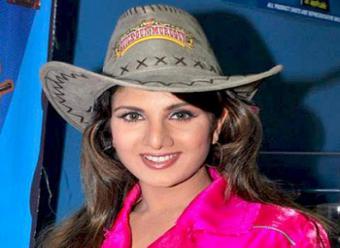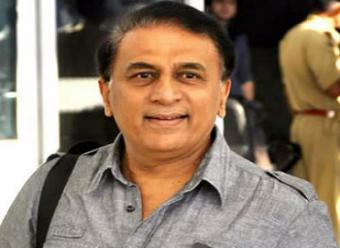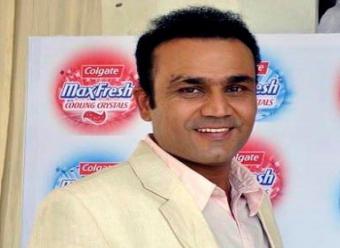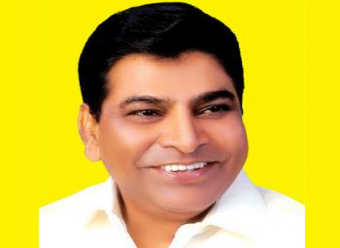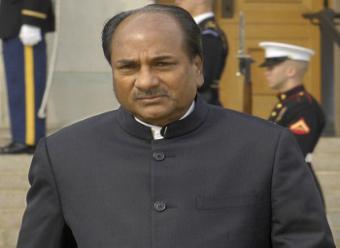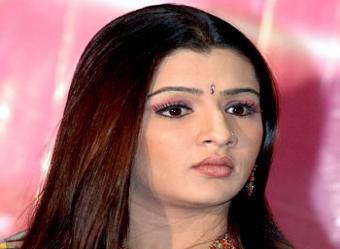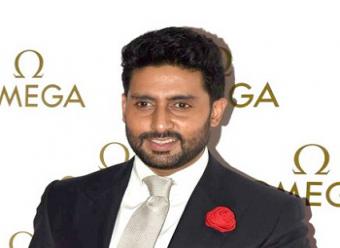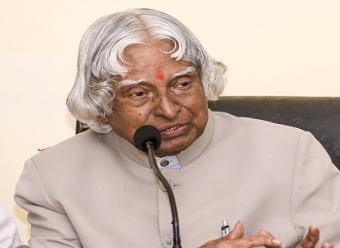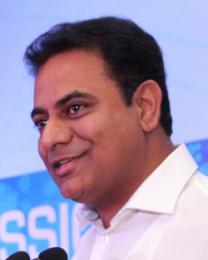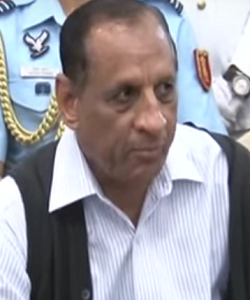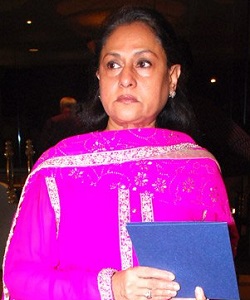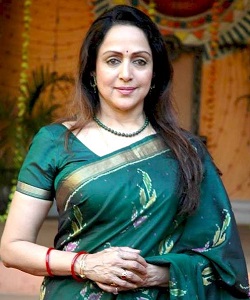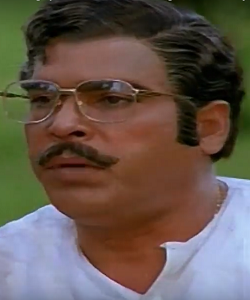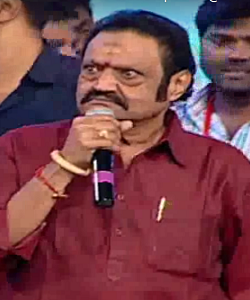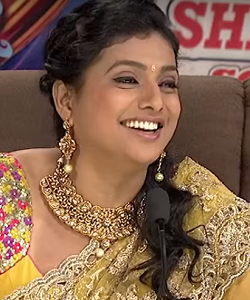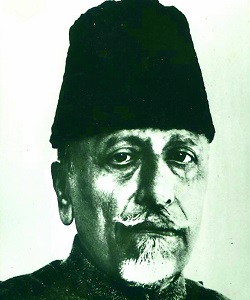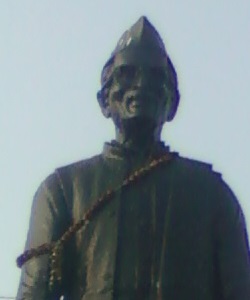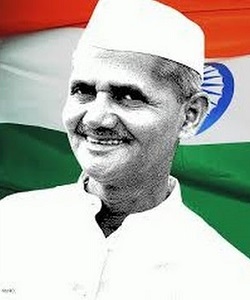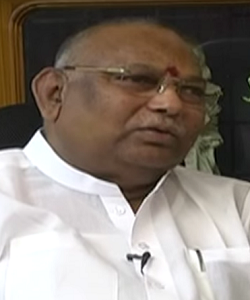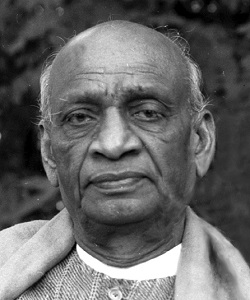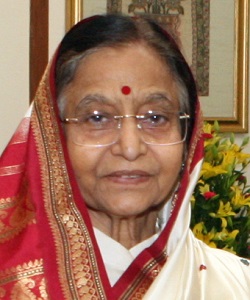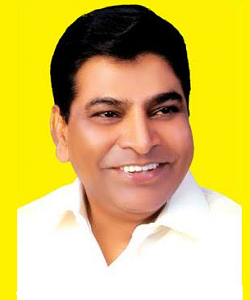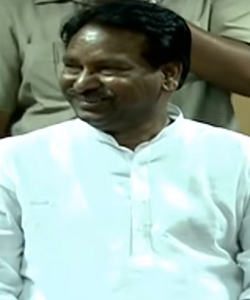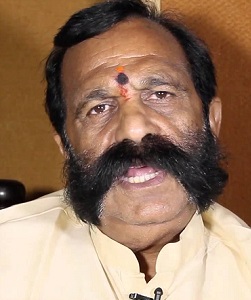Birth Name : Lal Krishna Advani
Date of birth : 08/11/1927
Place of birth : Karachi, British India
Political Entry : 1947
Category : Politicians
Awards
Outstanding Parliamentarian Award for the year 1999.
Position Held
5 August 2006- onwards Member, Committee on Home Affairs
2004 - Re-elected to 14th Lok Sabha( 5th term) Leader of Opposition, Lok Sabha
29 Jan. 2003 - 21May 2004 Union Cabinet Minister, Personnel, Pensions and Public Grievances(Additional Charge)
1 July 2002 - 25 Aug. 2002 Union Cabinet Minister, Coal and Mines
29 June 2002 - May 2004 Deputy Prime Minister
13 Oct. 1999 - May 2004 Union Cabinet Minister, Home Affairs
1999 - Re-elected to 13th Lok Sabha (4th term)
1998-99 - Union Cabinet Minister, Home Affairs Chairman, Committee on Official Language
1998 - Re-elected to 12th Lok Sabha (3rd term)
1993-98 - President, Bharatiya Janata Party
1991-93 - Leader of Opposition, Lok Sabha
1991 - Re-elected to 10th Lok Sabha (2nd term)
April-May 1990 - Chairman, Committee of Parliament appointed to advise the structure of pay and allowances and other terms & conditions of service for the post of Secretaries-General of Rajya Sabha and Lok Sabha
1990-91 - Chairman, Committee to Review the Lok Sabha Secretariat (Recruitment and Conditions of Service Rules, 1955)
1989-91 - Leader, B.J.P. Parliamentary Party, Lok Sabha Leader of Opposition, Lok Sabha
1989 - Elected to 9th Lok Sabha
1988 - Re-elected to Rajya Sabha (4th term)
1986-91 - President, B.J.P.
1982 - Re-elected to Rajya Sabha (3rd term)
1980-86 - General-Secretary, Bharatiya Janata Party (B.J.P.) Leader, B.J.P., Rajya Sabha
Jan.-April 1980 - Leader of Opposition, Rajya Sabha
1977-79 - Union Cabinet Minister, Ministry of Information and Broadcasting Leader of the House, Rajya Sabha
1977-80 - General-Secretary, Janata Party
1976 - Re-elected to Rajya Sabha (2nd term)
1974-76 - Leader, B.J.S., Rajya Sabha
1973-77 - President, B.J.S.
1970 - Elected to Rajya Sabha
1970-72 - President, Bhartiya Jana Sangh, Delhi
1967-70 - Chairman, Metropolitan Council, Delhi
1966-67 - Leader, Bharatiya Jana Sangh (B.J.S.), Interim Metropolitan Council
1947 - Secretary, Rashtriya Swayamsewak Sangh (R.S.S.), Karachi
Early Life
L.K Advani's life as a social servant started in 1947 when he was elected as the Secretary, Rashtriya Swayamsevak Sangh (RSS), Karachi. Advani was later sent to Matsya-Alwar in Rajasthan, which had witnessed communal violence following Partition, to oversee the affairs of the RSS there. Advani became a member of the Bharatiya Jana Sangh, which was founded in 1951 by Syama Prasad Mookerjee. After serving various positions in the Jana Sangh, he became its President in 1973 at Kanpur session of Bhartiya Jan Sangh. The Jana Sangh and many other opposition parties merged into the 'Janata Party'. With the dissolution of Jana Sangh, Advani and his colleague Atal Bihari Vajpayee joined the Janata Party to fight the Lok Sabha Elections of 1977.
The nature of the birth of the Janata Party sowed the seeds of its destruction as well. Bitter animosity amongst its ranks ensured that the government remained on the brink. Finally, the issue of dual membership became the bone of contention as some members of the Janata Party insisted that the erstwhile members of the Jana Sangh dissociate themselves from the right-wing RSS. The erstwhile members of the Jana Sangh, quit the Janata Party and they formed the new 'Bharatiya Janata Party'. Advani became a prominent leader of the newly founded BJP and represented the party in the 'Rajya Sabha'.
BJP
Advani became the 'president of the BJP' in 1986. His rise coincided with a growing unease and disquiet with the ruling Congress party due to non-governance and corruption. Sensing an opportunity Advani embarked on a new aggressive communal phase of his politics, and by 1991 the BJP became a significant player in the political landscape. He gradually brought in a shift in the party's policies by advocating Hindutva. Meanwhile, the finance minister 'V. P. Singh' also defected. In the elections of 1989, the combined might of the Singh-led Janata Dal and the BJP managed to capture Congress's seats. Despite emerging as the single largest party, the Congress opted to sit in Opposition, and a coalition headed by 'Mr. Singh' formed the government with outside support from the BJP.
As A Politician
After the 1996 general elections, the BJP became the single largest party and was consequently invited by the President to form the Government. 'Atal Bihari Vajpayee' was sworn in as Prime Minister in May 1996. However, the Government did not last long and Vajpayee resigned after thirteen days. BJP-led National Democratic Alliance (NDA), came to power with Vajpayee returning as Prime Minister in March 1998, when elections were called after India saw two unstable Governments headed by 'H. D. Deve Gowda' and 'I. K. Gujral' respectively.
In 1996 and 1998, the Lok Sabha of India's Parliament was dissolved and new elections were held. Now, a coalition of political parties signed up with BJP to form the Nationwide Democratic Alliance (NDA), headed by A.B. Vajpayee. The NDA won a majority of seats in parliament. Advani assumed the office of Home Minister and was later elevated to the position of Deputy Prime Minister. As Union Minister, Advani had a tough time with India facing a string of internal disturbances in the form of rebel attacks allegedly supported by Pakistan. The NDA government lasted for its full term of five years till 2004, the only non-Congress government to do so. Indian National Congress party and its allies won the 2009 General Elections, allowing incumbent Prime Minister Manmohan Singh to continue in office. Following the defeat in the elections, L. K. Advani paved way for 'Sushma Swaraj' to become the Leader of Opposition in the Lok Sabha.


